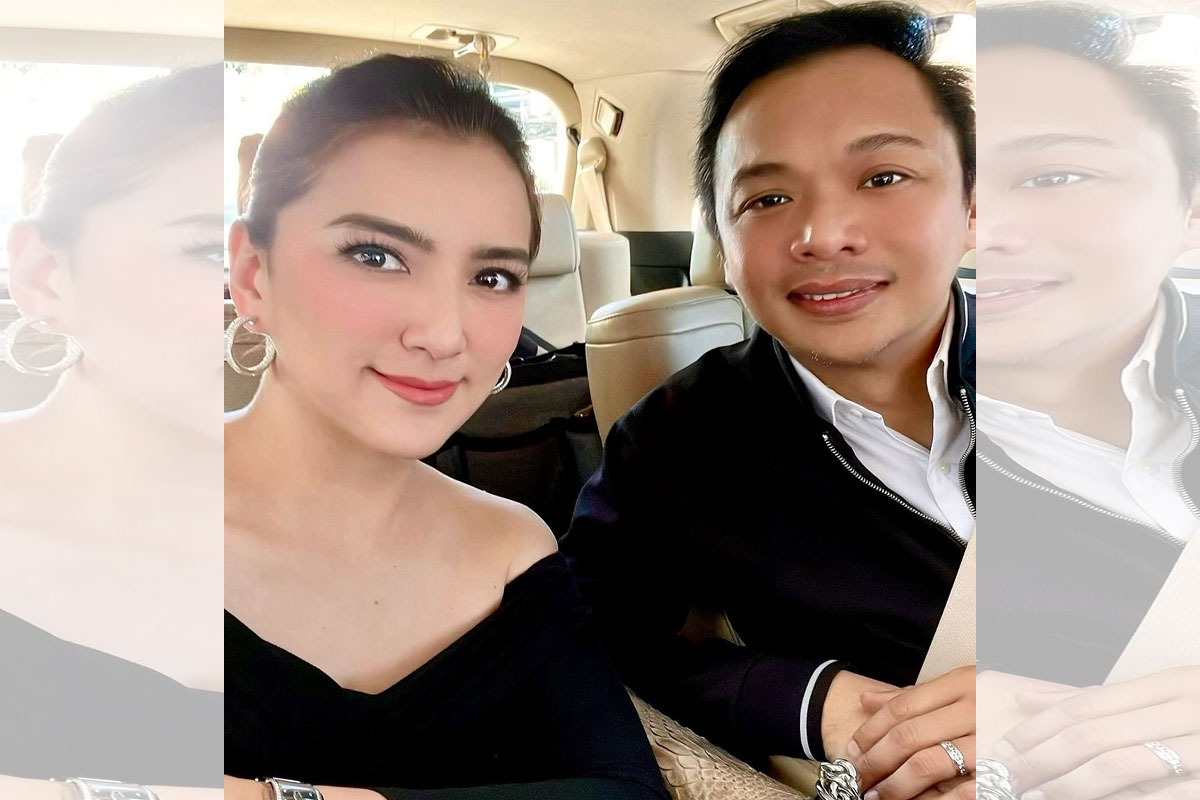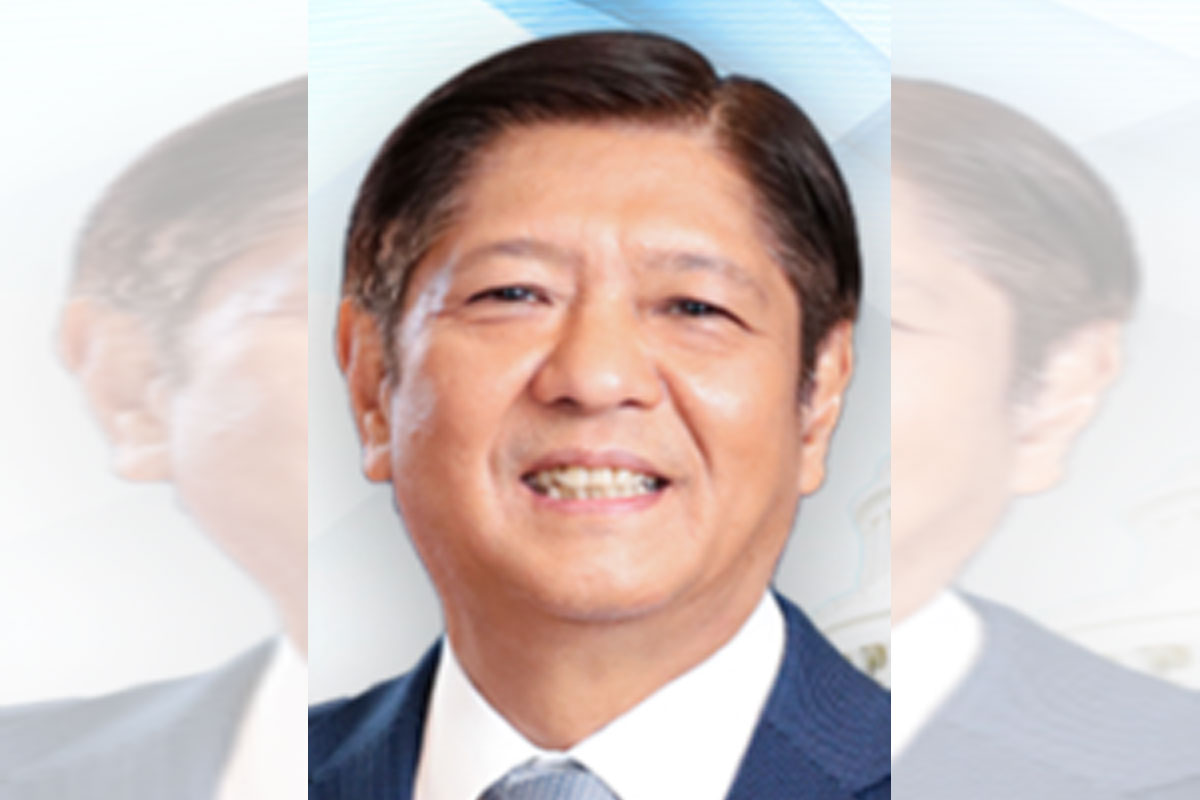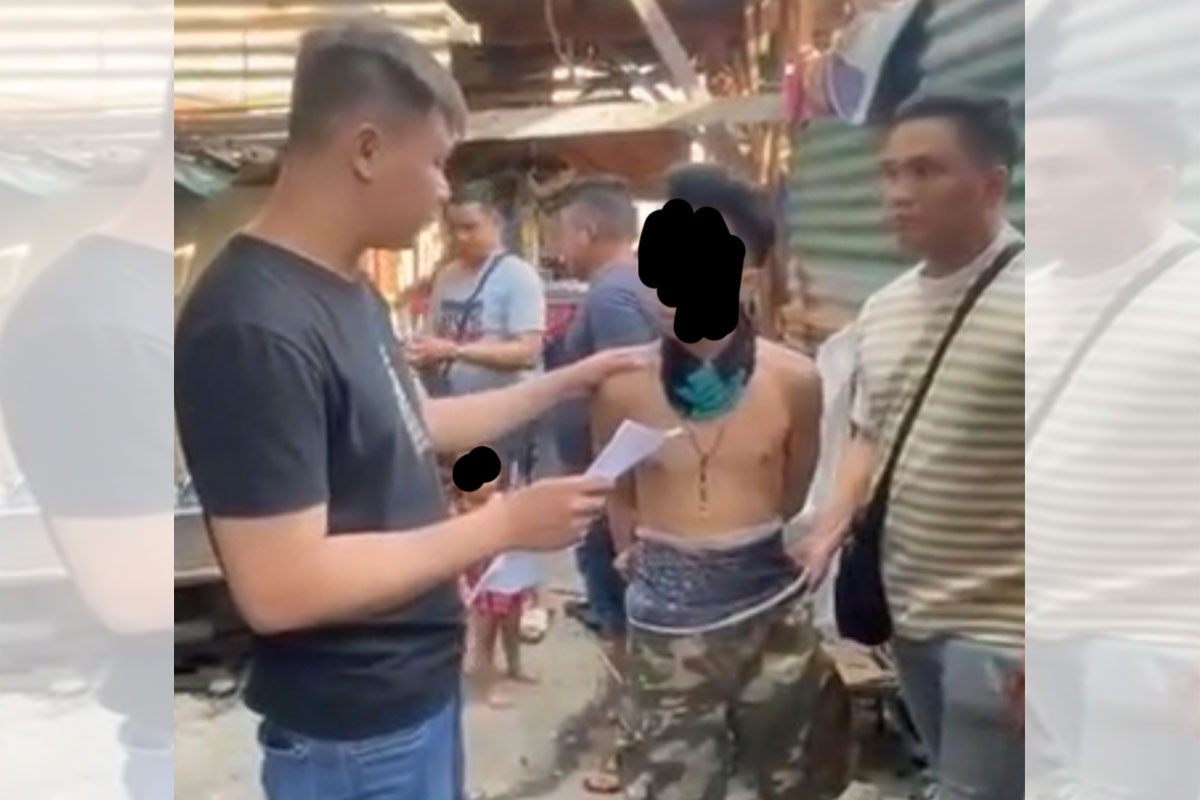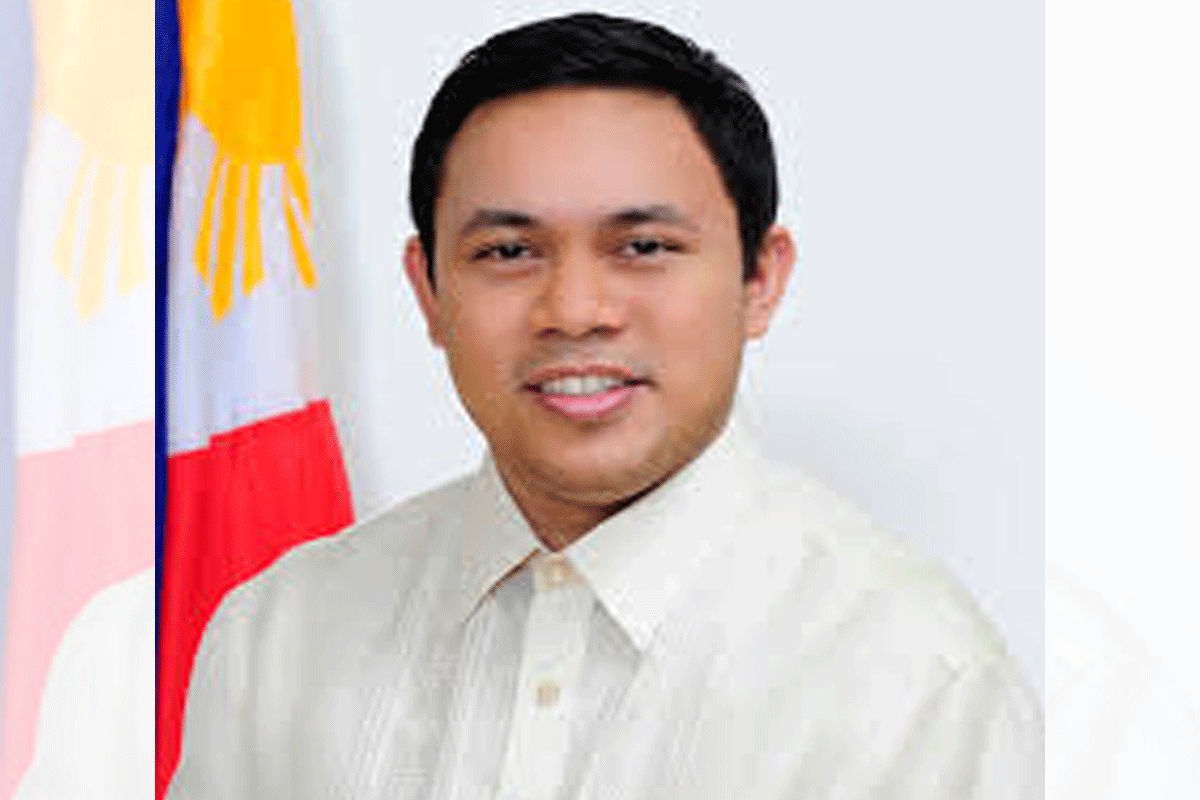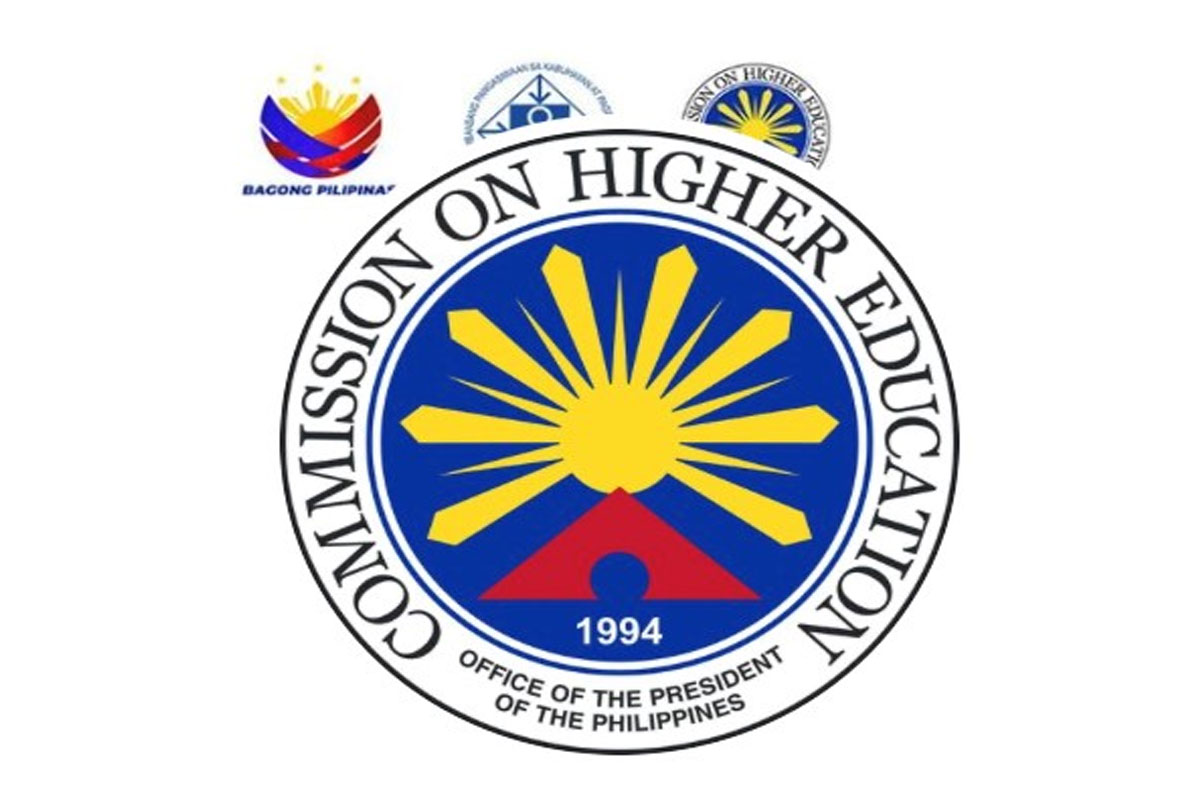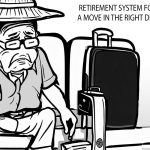
DEVOLUTION & BARANGAY GOVERNANCE
 “Nation building, authentic democracy, people participation must begin in the grassroots. The barangay is the grassroots. It is the first and immediate place where ordinary people living in that place experience a sense of belonging, a sense of being cared for and being safe in the concreteness of daily life. It is here that connectivity with government must be on the seeing, hearing, touching level. A connectivity that is reciprocal between the people and those whom they have chosen, through their votes, to govern them wisely and well. The Sangguniang Kabataan
“Nation building, authentic democracy, people participation must begin in the grassroots. The barangay is the grassroots. It is the first and immediate place where ordinary people living in that place experience a sense of belonging, a sense of being cared for and being safe in the concreteness of daily life. It is here that connectivity with government must be on the seeing, hearing, touching level. A connectivity that is reciprocal between the people and those whom they have chosen, through their votes, to govern them wisely and well. The Sangguniang Kabataan
is likewise the first and immediate space where young people begin to understand and appreciate that an election is not a business but a mission” (PPCRV, PVA).
The main philosophy behind the 1991 Local Government Code (LGC) rests on the concept of devolution. Devolution is the mandatory process whereby there is transfer of powers and responsibilities (delivery of basic services and exercise of regulatory powers), personnel, assets and resources from the national government to the local government units.
To elucidate the concept of devolution vis-à-vis barangay governance; I sat down with a former PPCRV Colleague, Atty. Howard Calleja to give his personal experiences on this subject matter:
Question:
“Why devolution? And how does devolution make the LGC’s thrusts possible?” Atty. Howie: (a) It enables maximum participation of the people in decision making, resulting in decisions more responsive to the people’s needs; (b) It promotes greater self-reliance among Local Government Units (LGUs); (c) It reduces red tape and bureaucracy, hastening decision- making processes; and (d) It relieves central government of functions which can be handled more efficiently at lower levels.
Experience has likewise shown disadvantages of centralization of government powers, which is the concentration of development only in urban centers, particularly Metro Manila, and the
neglect of the rural areas where 60% of the Filipinos live.
The Development Philosophy behind the LGC: Local officials are viewed as area development mangers rather than mere administrators of national development programs. As such, they are
tasked to ensure the balanced, holistic and sustainable development of their own communities.
Consequently, the LGC has expanded these officials’ powers and responsibilities.
Question: What does Genuine Democracy in the Context of Devolution means?
Atty. Howie: (1) We need to deepen and strengthen democratic processes and institutions that will ensure Good Governance (transparency, accountability, meaningful people’s participation
and responsive governance); (2) We need to continue our call for reforms through non-violence and active participation; (3) We need to listen to and uphold the “voice of the people”; (4)
We need to provide effective and efficient basic services; and (5) We need to promote an equitable wealth distribution and to bridge the gap between the rich and the poor
Question: How can we truly achieve the concept of devolution in the context of Barangay Governance especially in this upcoming Barangay and SK Polls?
Atty. Howie: The key in achieving this vision of genuine democracy rooted in the ideology of devolution is in our capacity to once again “elect” candidates who are “people oriented” and not
“personality oriented”.
The term “people oriented” means that all arrangements entered into or the interests advanced by the candidates or political parties, or incumbent officials are that of the majority of the people.
The issues tackled and platform of government offered in people-oriented politics redound to the benefit of the barangay members, especially those who are poorest. People oriented politics is
also called Genuine Alternative Politics. Why “genuine?” Because the trust given by the people is again recognized by looking after the interests of the majority, the majority who put the public official in office. The power wielded by public officials is only there because of public trust.
It can also be called “alternative politics” because it offers another kind of politics different from the politicking we have become so used to.
“Personality oriented,” on the other hand, means that motivations and activities of those seeking public office are directed towards the benefit of their persons. The concerns of the barangay officials will be the interest of friends, relatives, and the like, with the welfare of the majority having lower priority. It can be noted that Philippine politics has been personality-oriented politics. Thus, it is called Traditional Politics.
————————oOo——————————
For any personal comments or suggestions, you may call or text at 09174805585 or email me at




